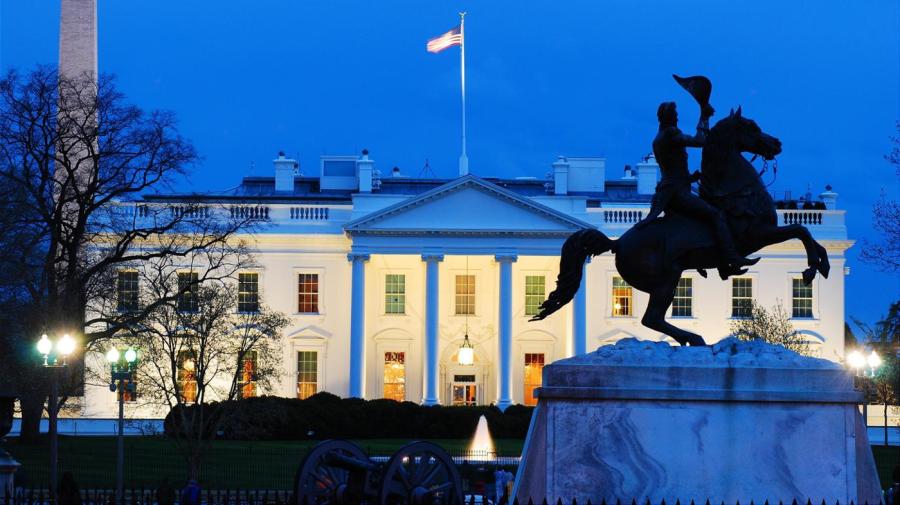How Did Andrew Jackson Change the Presidency?

Andrew Jackson changed the presidency by shifting the base of political power from its stronghold in the east to the western frontier of Tennessee. Also, unlike previous presidents, he did not defer to Congress in policy making, but used his party leadership and presidential veto to maintain absolute power.
Andrew Jackson came to the presidency with the status of a war hero, having led his army to victory in the Battle of New Orleans in the closing moments of the War of 1812. In the presidential election of 1824, Jackson won the popular vote, but lost the presidency due to what he termed a corrupt bargain between Henry Clay and John Quincy Adams. In 1828, the newly formed Democratic Party nominated him again, and he won the election despite a campaign full of slurs and personal attacks on both sides. In 1832, Jackson was re-elected by a wide margin.
Jackson’s two terms as president were marked by a number of major political battles. One was his opposition to a federal bank, then called the Bank of the United States, which he considered a monopoly. Another was the refusal of South Carolina to pay federal tariffs, which Jackson met by threatening to send federal troops into the state. His obduracy in meeting this challenge is credited with preserving and strengthening the Union. However, Jackson was a proponent of Indian removal, and signed a bill forcing Cherokees and other Native Americans to leave their ancestral lands in the East for far inferior lands in the West.





